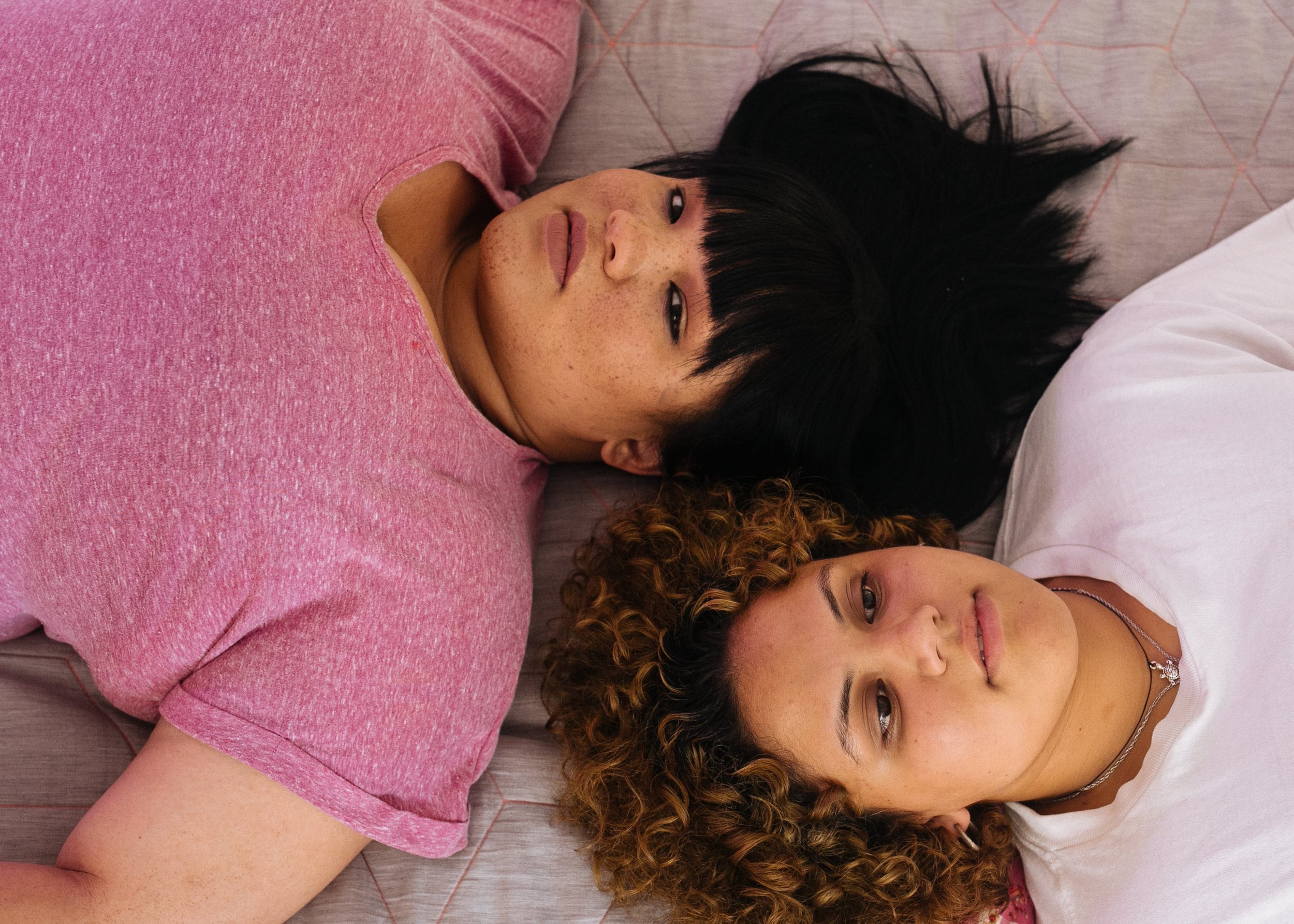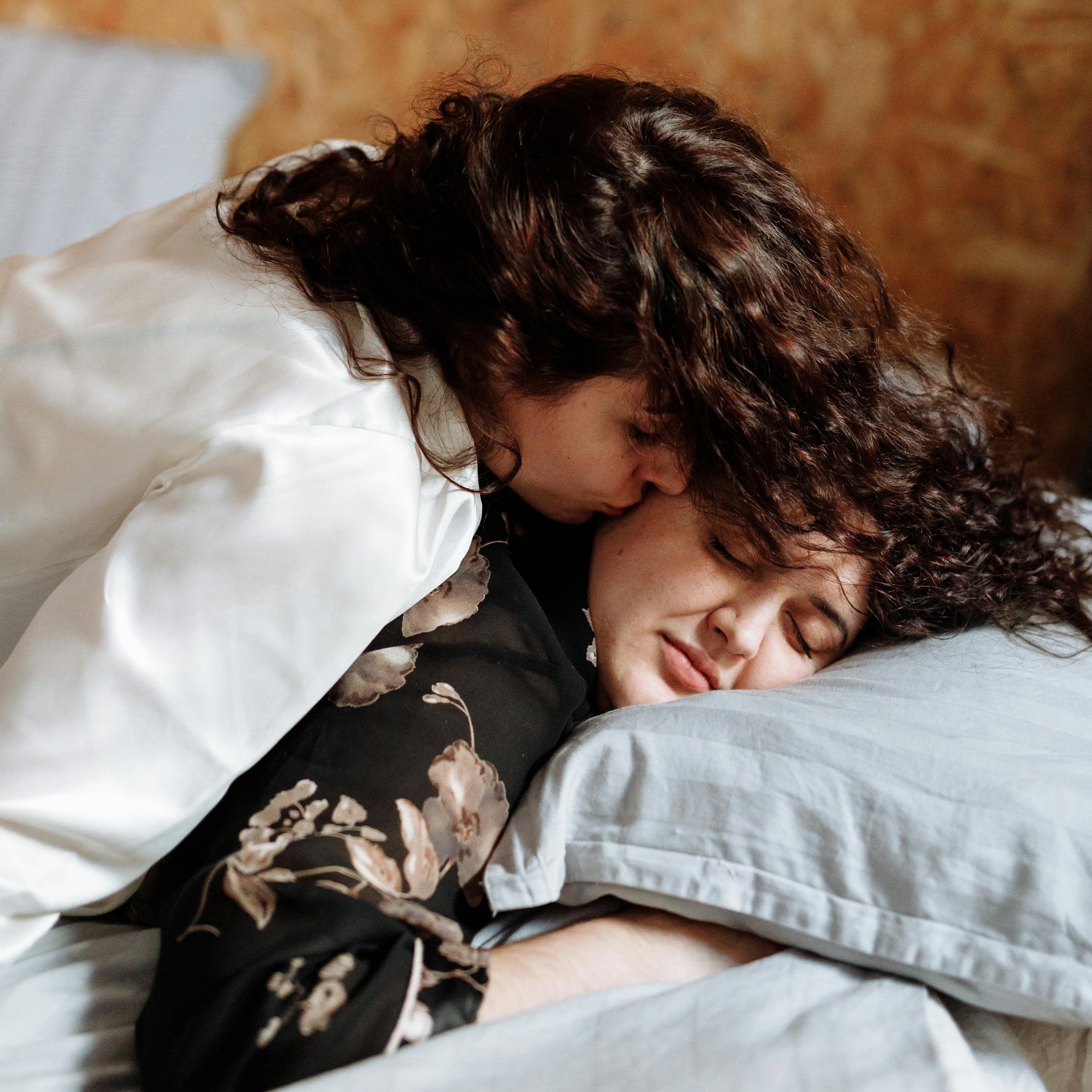Can Couples Therapy Make Things Worse?
Couples therapy can be a pivotal intervention for relationships facing challenges. But it's not without its potential pitfalls. One common concern is whether couples therapy can make things worse. And yes, sometimes it can make things worse. Let's explore how and why that might happen and what to do about it.
The Potential for Making Relationship Conflicts Worse
In some cases, couples therapy may initially make conflicts worse. When deep-seated issues are brought to the surface, emotions can run high, and disagreements may intensify. This can be distressing for couples who were hoping for immediate resolution. But a skilled couples therapist will teach you and your partner tools to manage the conflict better. Couples therapy isn't about avoiding conflict altogether. That would be unreasonable, as conflict is inevitable. But you can learn how to have more productive conflict.
Common Situations Where Couples Therapy Makes Things Worse
Couples Therapy Colluding With An Abuser
If there are elements of abuse in your relationship, couples therapy can make it worse. Abusers can manipulate the process, allowing cycles of power and control to be reinforced. It's imperative to prioritize safety. If you're experiencing physical, emotional, sexual, or financial violence from your partner, do not start couples therapy. Contact a local domestic violence organization and ask for resources. Nothing is more important than the safety and well-being of everyone involved.
You Expect Your Couples Therapist To Fix Things Fast
There's no quick fix for longstanding issues. Patterns take time to unpack and unlearn. If you have unrealistic expectations, you're likely to get frustrated and give up. Therapy is a gradual process, and improvements may take time to show. Be patient with yourself and your partner as you work through the complexities of your relationship.
You Or Your Partner Lie or Conceal Information In Couples Therapy
Sure, some things are private and sacred. But honesty is the foundation of effective couples therapy. If either of you withholds information or presents a distorted version of events, it hampers the therapeutic process. The therapist is there to facilitate communication and guide you towards understanding each other better. They can't do that without critical information.
You Expect Your Couples Therapist To Take Sides or Referee
This is a common one and nope, not gonna happen. Your therapist may challenge both of you to consider the other's perspective. Empathy and compassion are cornerstones in a relationship. But your therapist shouldn't continually side with one partner or make judgments about who's right or wrong. Instead, the goal is to foster mutual understanding and encourage a collaborative approach to problem-solving. You and your partner are team mates, not opponents. Your therapist is a coach teaching you to play better together and win more often.
You Won't Take Any Accountability In Couples Therapy
If you aren't willing to examine your behavior and how it might be contributing to problems, couples therapy will be a waste of time. Acknowledging personal responsibility is a crucial part of positive change. After all, both you and your partner are in this relationship. Your therapist can help you break destructive patterns and build a healthier connection with your partner. But they can only do that if you're open to it.
Ignoring Underlying Mental Health Issues
Couples therapy can be challenging when one or both partners are grappling with untreated mental health issues. Depression, anxiety, or unresolved trauma can significantly impact the dynamics of a relationship. If these issues are overlooked or untreated, they may continue to undermine the effectiveness of couples therapy. It's essential to address individual mental health concerns alongside couples counseling to create a more stable foundation for relationship improvement.
Engaging in Couples Therapy as a Last Resort
Couples therapy is most effective when sought as a proactive measure. It's much less effective as a last-ditch effort to salvage a relationship. Waiting until problems become severe may limit the potential for positive outcomes. Couples who approach therapy with a sense of desperation may struggle to engage fully. They may hold unrealistic expectations about the therapist's ability to resolve issues. Early intervention can contribute to more successful outcomes in couples therapy.
Failure to Use Strategies Outside of Couples Therapy
Effective couples therapy extends beyond the therapy session. No relationship can be fixed in 50 minutes a week. True change requires both partners to implement strategies learned during sessions into their lives. If couples fail to apply what they've learned in therapy to their day-to-day interactions, progress may stall.
How To Get The Most Out of Couples Therapy
Short-Term vs. Long-Term Benefits of Couples Therapy
While couples may experience short-term discomfort in therapy, the goal is to achieve long-term improvements. If you expect things to be resolved in a few sessions, you'll be disappointed. If you feel good about your therapist and their training, be patient and trust the process, even when it feels challenging.
Unearthing Painful Emotions In Couples Therapy
Good couples therapy often requires people to confront painful emotions and past traumas. While this is an essential step towards healing, it can lead to heightened emotional distress at first. It's normal to worry this means couples therapy is a bad idea. But just like cleaning a house, often things get messier before they get cleaning.
Temporary Discomfort for Long-Term Growth of Your Relationship
Couples therapy isn't always comfortable. It's also not a quick fix. It may involve discussing sensitive topics, acknowledging hurtful behaviors, or challenging long-standing patterns. This temporary discomfort is often necessary for long-term growth and relationship improvement.
Active Participation From Both Partners is Key
Couples therapy requires active participation from both partners. If one or both individuals are not fully committed or willing to engage in the process, it can hinder progress and make things worse. If one person expects the other person to do all the work, it definitely won't work.
Despite the challenges, couples therapy is designed to provide a path to resolution and growth. A skilled therapist can help couples navigate conflicts, develop healthier communication patterns, and foster emotional connection.
The Importance of Communication In Couples Therapy
Communication is the most common reason couples come to therapy. But communication is also important with your therapist. If you feel that therapy is making things worse or that you're not making progress, bring up your concerns with your therapist. They can adjust their approach or address any misunderstandings.
Your Connection To Your Therapist Makes A Difference
The effectiveness of couples therapy depends on two things:
1. The quality of relationship between you, your partner, and your therapist
2. The skills and expertise of your therapist.
Without a good relationship, neither you or your partner will feel safe enough to dive in with your therapist. Even if the relationship with the therapist is good, a poorly trained therapist may struggle to help. Both these are avoidable problems. Not having a great relationship with a skilled therapist can potentially make matters worse. Couples should choose their therapist carefully.
Is Couples Therapy Worth It?
Couples therapy can radically change your relationship. It can put you on the path towards a healthier and more fulfilling relationship. While it may initially surface conflicts and painful emotions, it's often a necessary step towards healing and growth. Choosing the right therapist and committing to the process are the keys to reaping the benefits of couples therapy. If you're ready to commit, couples therapy is absolutely worth it.
Couples Therapy In California and Florida
We specialize in couples therapy for busy professionals. By eliminating drive time, parking, and sitting in the waiting room, we make couples therapy more private and less time-consuming. If you're interested in customized and expert care, schedule a free consultation today.





















